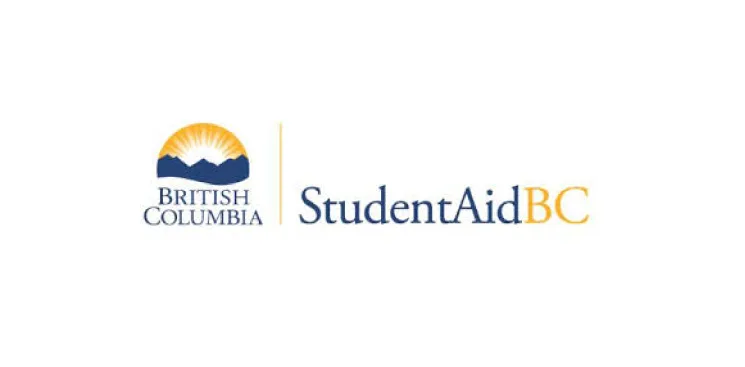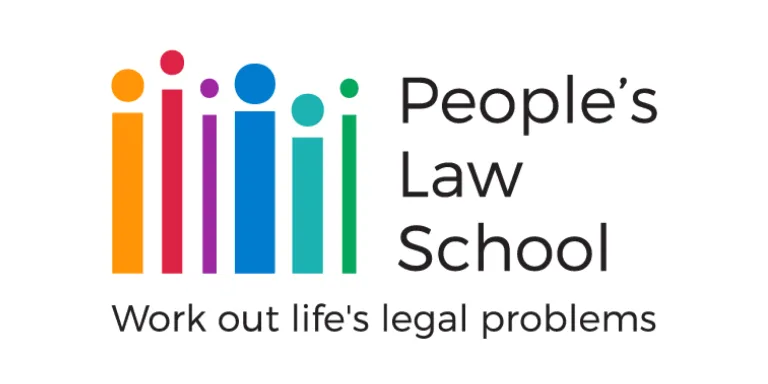If you’re having difficulty paying your student loan
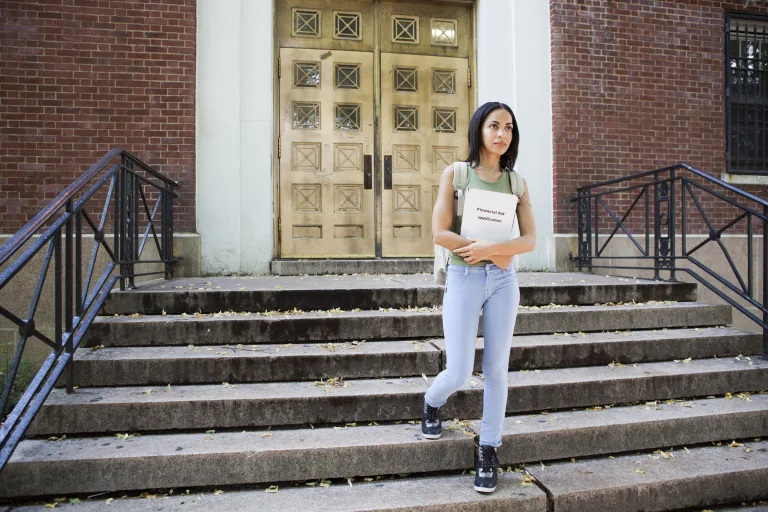
Unexpected life events can make it more difficult to pay back a student loan. Learn your rights and steps you can take if you’re having trouble repaying student loans.
What you should know
In Canada, students can apply for government student loans to help pay for university or college. A bank or credit union provides the loan, but it’s guaranteed by the government. If the student doesn’t repay the loan, the government will reimburse the lender.
With government student loans, you don’t pay interest while you attend school. Once you graduate, you pay the principal and interest. But you don’t need to make any payments for six months after you graduate.
Private loans are also available to students. These loans are like regular bank loans. Interest starts building up right away. As well, you usually have to start repaying the loan immediately.
For government student loans, repayment assistance may be available. The Repayment Assistance Plan helps people who are in financial trouble, or who have suffered a disability that makes working hard.
The plan offers different levels of debt relief. For some, their monthly payments are reduced to an affordable amount. Others have their interest payments forgiven. Your eligibility, and how much relief you’ll get, depends on your level of income.
In a bankruptcy, private student loans are treated like any other debt. When you complete your bankruptcy, you no longer have to repay your student loan.
That’s not the case with government student loans. A discharge from bankruptcy releases you from your government student loans only if you file at least seven years after you’ve finished school. If you were a student within the last seven years, your government student loans “survive” the bankruptcy.
The seven-year period starts the day you cease to be a student. It runs until the date you file for bankruptcy. In some cases, you can apply to court to reduce the period to five years.
Work out the problem
There are steps you can take to work out the problem.
Step 1. Apply for repayment assistance
Step 2. Discuss your situation with the lender
Step 3. Explore loan forgiveness options
Step 4. Consider a consumer proposal or declaring bankruptcy
Step 1. Apply for repayment assistance
If you have a government student loan, repayment assistance may be available. (The federal government explains the repayment assistance plan.) You can apply by submitting an online application, or mailing your application to the National Student Loans Service Centre.
Step 2. Discuss the situation with the lender
Whether you have a government student loan or a private loan, discuss your situation with the lender. Ask to change the terms to give you more time to pay.
If you have a government student loan, you can request a revision of terms. You can ask to decrease your monthly payments (which will extend the time to pay back the loan). The federal government explains the revision of terms plan.
Limitation period alert! Before contacting the lender, figure out if the limitation period for the lender to enforce the loan has expired. In the case of a government student loan, has it been more than six years since you made a payment or the lender demanded payment? If so, the lender may have lost their legal right to enforce the contract. If you acknowledge in writing that the debt exists, you risk reviving the loan.
If it’s a private loan, the limitation period is two years.
Step 3. Explore loan forgiveness options
Recent grads in certain jobs can have their BC student loans forgiven. They must agree to work in underserved communities, or in jobs where there’s a shortage in BC. The provincial government's website explains how it works. See the BC loan forgiveness program.
Step 4. Consider a consumer proposal or declaring bankruptcy
With a consumer proposal, you agree to new debt payment terms with your creditors. By declaring bankruptcy, you give up most of what you own to get rid of your debts.
For both options, you need to meet with a licensed insolvency trustee. They can help you decide which option is best for you.
If you want to go further, we have more detailed coverage of this topic. See our in-depth information on navigating student debt.
Who can help
These agencies can help you with student loan problems.
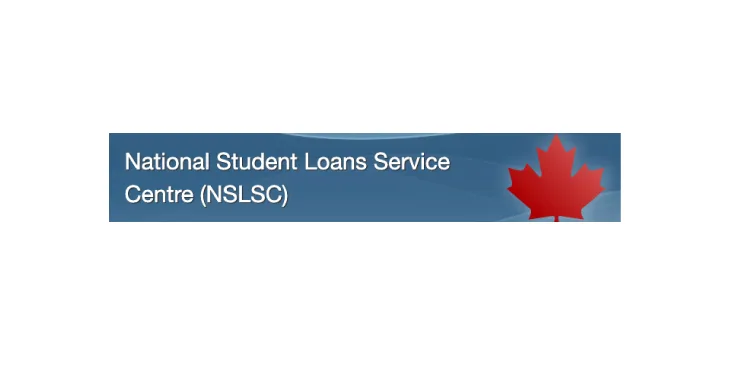
National Student Loans Service Centre
They can help if you’re having difficulty paying down a government student loan.
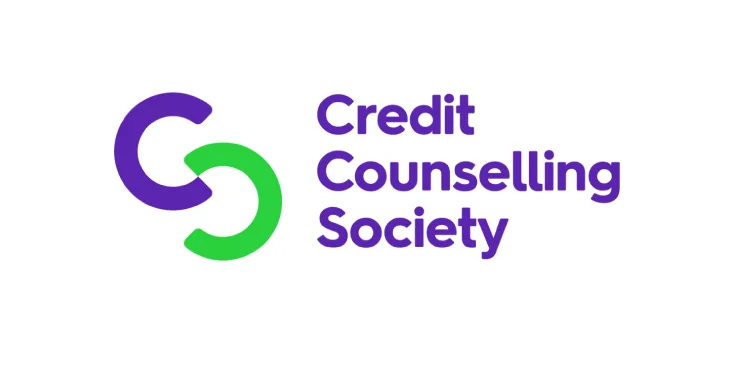
Credit Counselling Society of BC
A non-profit society that helps people better manage their money and debt.
If you run into serious trouble with your student debt, consider getting legal advice.

BC Legal Referral Service
Helps you connect with a lawyer, notary or paralegal for a free 15- to 30-minute consult to see if you want to hire them.

Access Pro Bono's Legal Advice Clinics
Volunteer lawyers provide 30 minutes of free legal advice to people with low or modest income.
This information from People’s Law School explains in a general way the law that applies in British Columbia, Canada. The information is not intended as legal advice. See our disclaimer.
Related
On Dial-A-Law
Dial-A-Law has more information on Borrowing money in the section on Money & debt.
